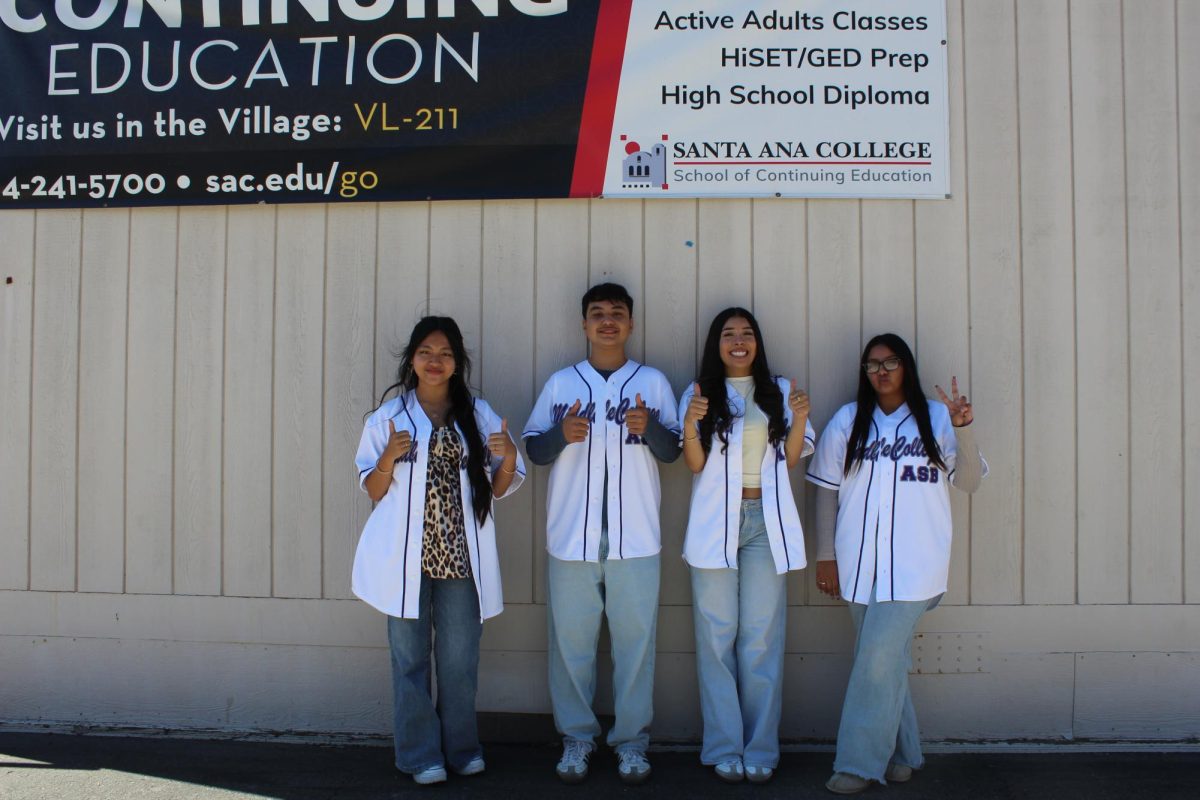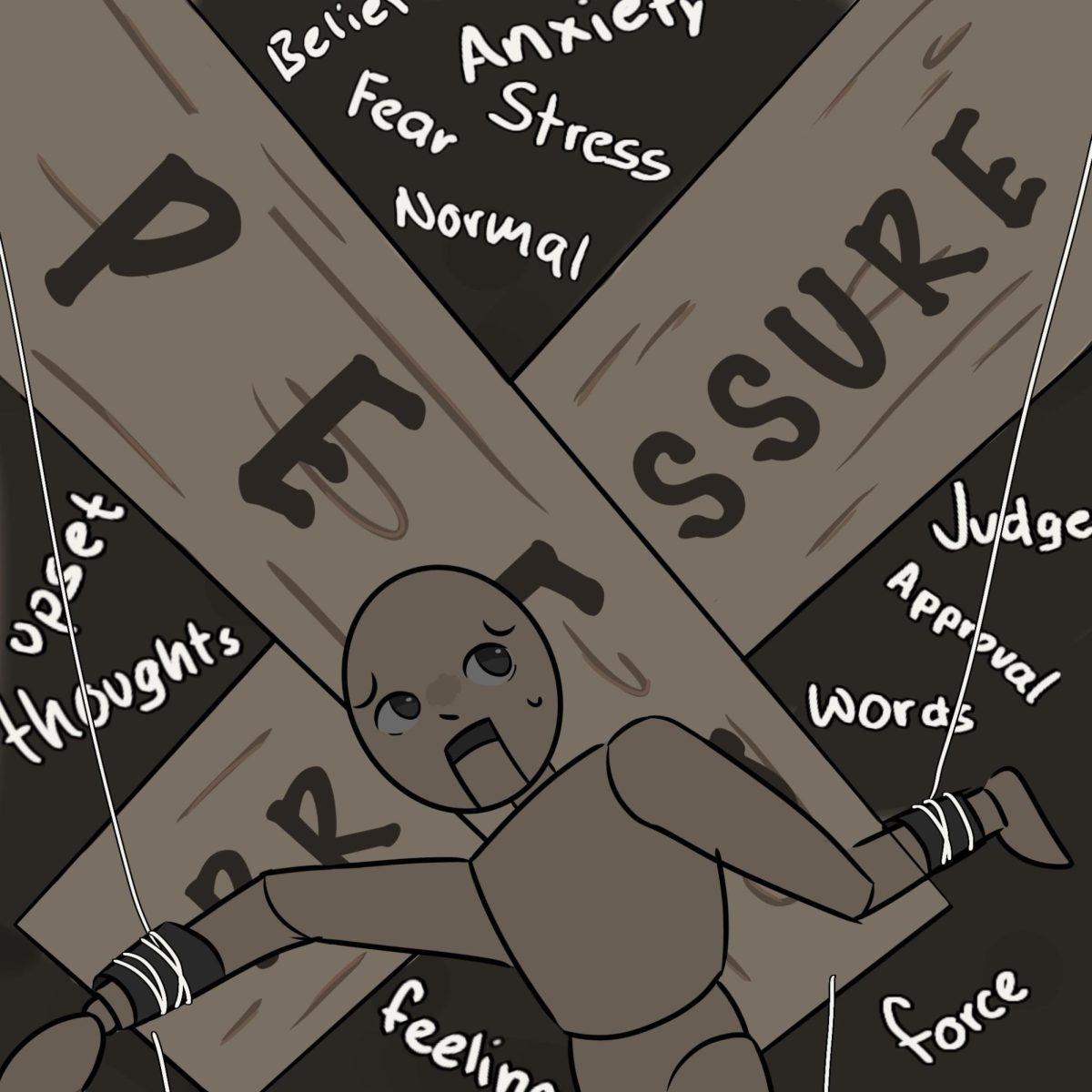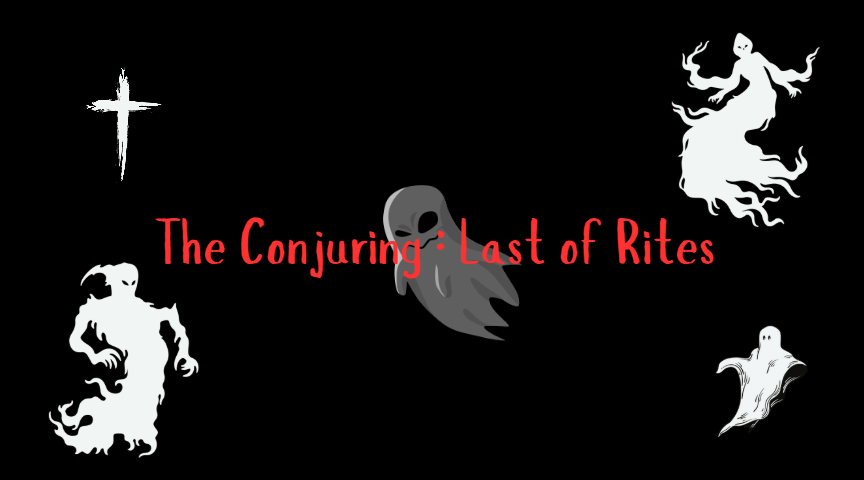Theory of love
February 28, 2018
Happiness, sadness, boredom, fun, frustration, and enjoyment; this is love. A mixture of contradicting emotions that cannot exist without the other creates something so strong, yet so fragile. However, love isn’t just distinguished as black or white. With relationships constantly ending, whether just dating or married, how is it that the once “in love” couples come to fall out of love? If you’re in a relationship now, how do you know if you’re in love, or that you ever were from previous relationships? What changed? Was your love just lust or desire for someone? How can one answer these questions when they can’t control their own feelings to know what they want?
Sources of Love
We went around and asked people who were in multiple relationships, and now are currently promised to just one person, how they knew they were in love?
The Science of Love
Now the science of love is much more complex, but easier to understand than love itself. There are three stages of falling in love, each with their own associated chemicals playing a role.
The first stage, lust, is purely involving looks and sex hormones, pining over someone. Lust involves the chemicals testosterone and estrogen. Dopamine releases a good feeling that people feel when they partake in pleasurable activities, like hanging out with best friends or receiving great news. When someone lusts for someone else, testosterone and estrogen, sex hormones, are produced more than usual, leading to sweaty palms and more visible excitement over a potential partner.
The second stage is attraction. This is the phase where a person cannot stop thinking of their lover. They spend a significant amount of time with them on their mind, which can even result in loss of sleep. In this stage, dopamine, norepinephrine, and serotonin are at play. Dopamine once again makes someone very happy, but also addicted to their lover. Norepinephrine leads to sweaty palms and other types of visible excitement. Serotonin is a neurotransmitter, sending signals to the brain that keeps spirits really high and the love alive.
The stage that leads to a long lasting relationship is attachment. Here, oxytocin and vasopressin are key chemicals in increasing social bonds between people, and under the circumstances of love, deepen the links between two individuals.
The Philosophy of Love
The philosophical view on love is more in depth in terms of description. The reason being that there are many types of love. Whether it be a romantic love (Eros), which we explore, or a caring love for family and inanimate objects (Philia), like your phone or parent, love is an intimate intense feeling that makes you want to do anything to maintain the feeling it gives you. Love is a mental interconnection with yourself and an object/someone you desire.
The emotional complexity of love states that it is to value the person/thing and what they value or stand for. This states that to love someone is to appreciate them to an extent, adore what they adore, and having similarities which helps being comfortable with one another. As stated, we love to, “promote self-knowledge insofar as your beloved acts as a kind of mirror, reflecting your character back to you” (Badhwar, 2003, p. 58). So, this means love is subconsciously justified as a manner of self acceptance in someone else that is similar to ourselves.
Conclusion of Love
Love is a feeling that can’t be explained with a single definition. Just like cancer, love is in many forms and spreads rapidly. It cannot be defined in just one way. There are multitudes of it, whether it is romantic (Eros), what we commonly associate love with, or a friendly love and appreciation of things that are nonhuman (Philia). Love is unexplained by just one form, as there are also different views of it due to its complexity.
Sources
Philo of love-oh
https://plato.stanford.edu/entries/love/
Science of Love
http://www.bbc.co.uk/science/hottopics/love/
7 Chemicals You Ought to Love
https://inchemistry.acs.org/content/inchemistry/en/atomic-news/valentines-chemistry.html
The science behind falling in love
https://www.psychologytoday.com/blog/loves-evolver/201302/the-science-behind-falling-in-love






































